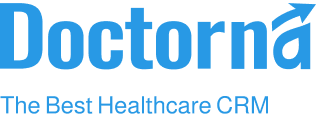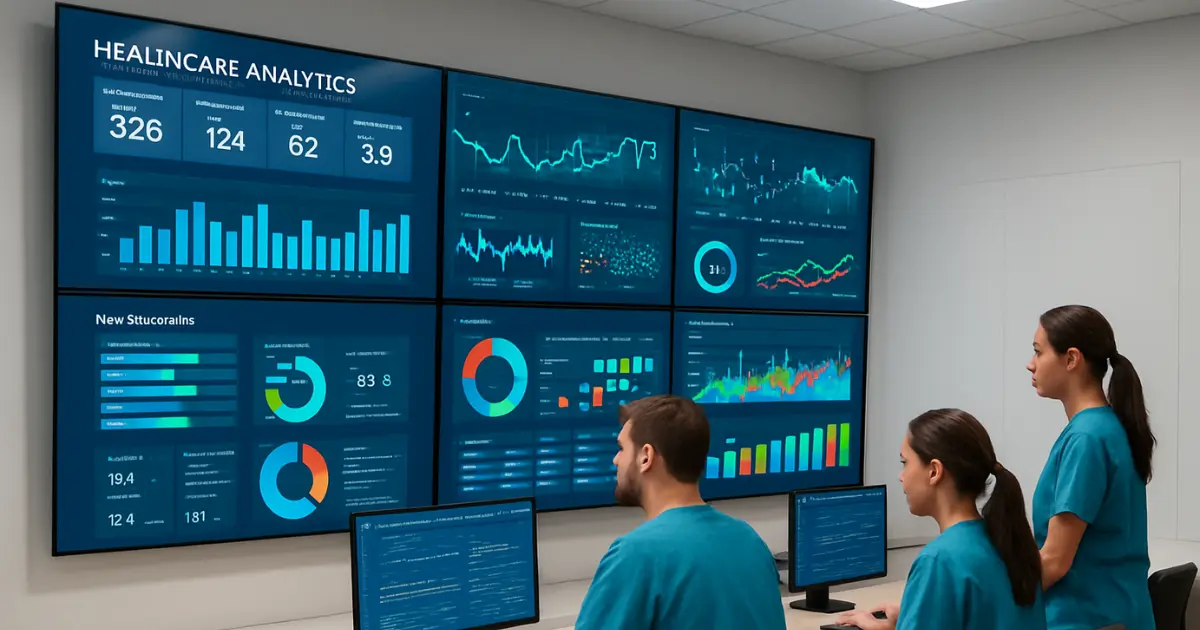The healthcare industry is undergoing a digital transformation, and at the center of this evolution lies the integration of cloud technology with Customer Relationship Management (CRM) systems. As healthcare providers strive to deliver more efficient, secure, and patient-centered care, cloud-based CRM platforms have emerged as a game-changer. They are not only reshaping how healthcare organizations manage patient relationships but also redefining how data is stored, accessed, and used to drive better outcomes.
This blog explores how cloud technology revolutionizes healthcare CRM, the key benefits it offers, and why it is essential for the future of modern healthcare systems.
1. The Rise of Cloud Technology in Healthcare
Traditionally, healthcare organizations relied on on-premise systems to store and manage patient data. While functional, these systems were expensive to maintain, difficult to scale, and often lacked integration with other technologies. The introduction of cloud computing has completely changed that paradigm.
Cloud technology enables data to be stored securely on remote servers, accessible anytime and from anywhere. This flexibility has made it easier for healthcare providers to streamline operations, improve collaboration, and respond quickly to patient needs.
When integrated with CRM solutions, the cloud transforms these platforms from static databases into dynamic, intelligent ecosystems capable of real-time communication, analytics, and automation.
2. Centralized and Accessible Patient Data
One of the biggest challenges in healthcare is managing massive volumes of fragmented patient data across multiple systems—electronic health records (EHRs), billing platforms, appointment systems, and communication tools.
Cloud-based CRM systems solve this issue by centralizing patient data in one secure location. Authorized staff and providers can access up-to-date patient information from any device, whether in the hospital, clinic, or remote location.
This level of accessibility enables:
- Seamless coordination among departments and care teams.
- Reduced duplication of records, minimizing administrative errors.
- Faster response times for patient inquiries and emergency cases.
For example, a physician can instantly review a patient’s history, previous communications, and treatment plans before a consultation, ensuring a personalized and efficient care experience.
3. Enhancing Collaboration Across Healthcare Teams
Cloud-based CRMs are not just about data storage—they also facilitate collaboration and communication among healthcare professionals. In traditional systems, sharing information often required manual processes or physical paperwork, leading to delays and miscommunication.
With the cloud, multi-user access allows doctors, nurses, and administrative staff to work simultaneously on patient records and update data in real time. Whether a care team is located in the same building or spread across multiple locations, the cloud ensures that everyone stays connected and informed.
This interconnected approach not only enhances workflow efficiency but also ensures continuity of care, which is critical for patients with chronic conditions or long-term treatment plans.
4. Scalability and Cost Efficiency
One of the biggest advantages of cloud-based healthcare CRM systems is their scalability. Traditional on-premise systems require costly hardware, regular maintenance, and IT support. Scaling such systems often involves significant time and investment.
In contrast, cloud CRMs operate on a subscription-based model, allowing healthcare organizations to scale resources up or down as needed. Whether a small clinic or a large hospital network, cloud technology offers flexibility to accommodate changing patient volumes, data storage needs, and new feature integrations—without large upfront costs.
This pay-as-you-go model also reduces capital expenditure, making advanced CRM capabilities accessible to healthcare organizations of all sizes.
5. Real-Time Analytics and AI Integration
Cloud technology opens the door to powerful analytics and artificial intelligence (AI) integrations that can transform raw data into actionable insights.
A cloud-based healthcare CRM can collect and process data in real time, enabling providers to:
- Identify trends in patient behavior and health outcomes.
- Predict patient needs through AI-driven analytics.
- Optimize marketing and engagement strategies using data insights.
For instance, predictive analytics can flag patients at risk of readmission, allowing care teams to take preventive measures. Similarly, AI-powered automation can send personalized reminders, follow-up emails, or appointment confirmations—improving patient engagement and retention.
This data-driven approach enhances both clinical decision-making and operational efficiency.
6. Improved Patient Engagement and Experience
Today’s patients expect convenience, personalization, and transparency from their healthcare providers. Cloud-based CRM systems make it possible to deliver just that.
By integrating communication tools such as email, chat, mobile apps, and telehealth platforms, cloud CRMs enable multi-channel patient engagement. Patients can easily schedule appointments, access health information, and receive reminders—all in real time.
Moreover, automation ensures that every interaction is timely and relevant, from personalized health tips to post-visit surveys. This creates a continuous feedback loop that strengthens trust and loyalty between patients and providers.
A well-implemented cloud CRM not only enhances engagement but also helps build a patient-centered ecosystem, where technology supports empathy and accessibility.
7. Security and Compliance
Data security is one of the most critical aspects of healthcare technology. Patient information is highly sensitive, and organizations must comply with strict regulations such as HIPAA, GDPR, and other local privacy laws.
Cloud-based CRM providers prioritize security with end-to-end encryption, multi-factor authentication, and regular data backups. They also offer detailed access controls to ensure that only authorized personnel can view or edit patient information.
Additionally, leading cloud providers maintain compliance certifications and regularly update their systems to address emerging cybersecurity threats.
This level of security not only protects patient data but also enhances organizational reputation and patient trust.
8. Supporting Telehealth and Remote Care
The rise of telemedicine has made cloud technology even more indispensable. Cloud-based CRMs integrate seamlessly with telehealth platforms, allowing providers to manage virtual consultations, patient communications, and follow-up care in one unified system.
For patients, this means consistent, high-quality care regardless of location. For healthcare providers, it enables better monitoring, improved scheduling, and enhanced data tracking.
Cloud integration ensures that telehealth services remain scalable, reliable, and secure—making it a cornerstone of the future healthcare landscape.

Final Thoughts
The combination of cloud technology and healthcare CRM is revolutionizing how the industry operates. By enabling real-time data access, enhancing collaboration, improving security, and driving patient engagement, cloud-based CRMs are setting new standards for digital healthcare.
In an era where efficiency, personalization, and security are paramount, the cloud is not just a technological upgrade—it’s the foundation of a smarter, more connected healthcare system.
As healthcare continues to evolve, embracing cloud-powered CRM systems will empower organizations to deliver exceptional patient experiences, streamline operations, and lead the way in digital health transformation.







